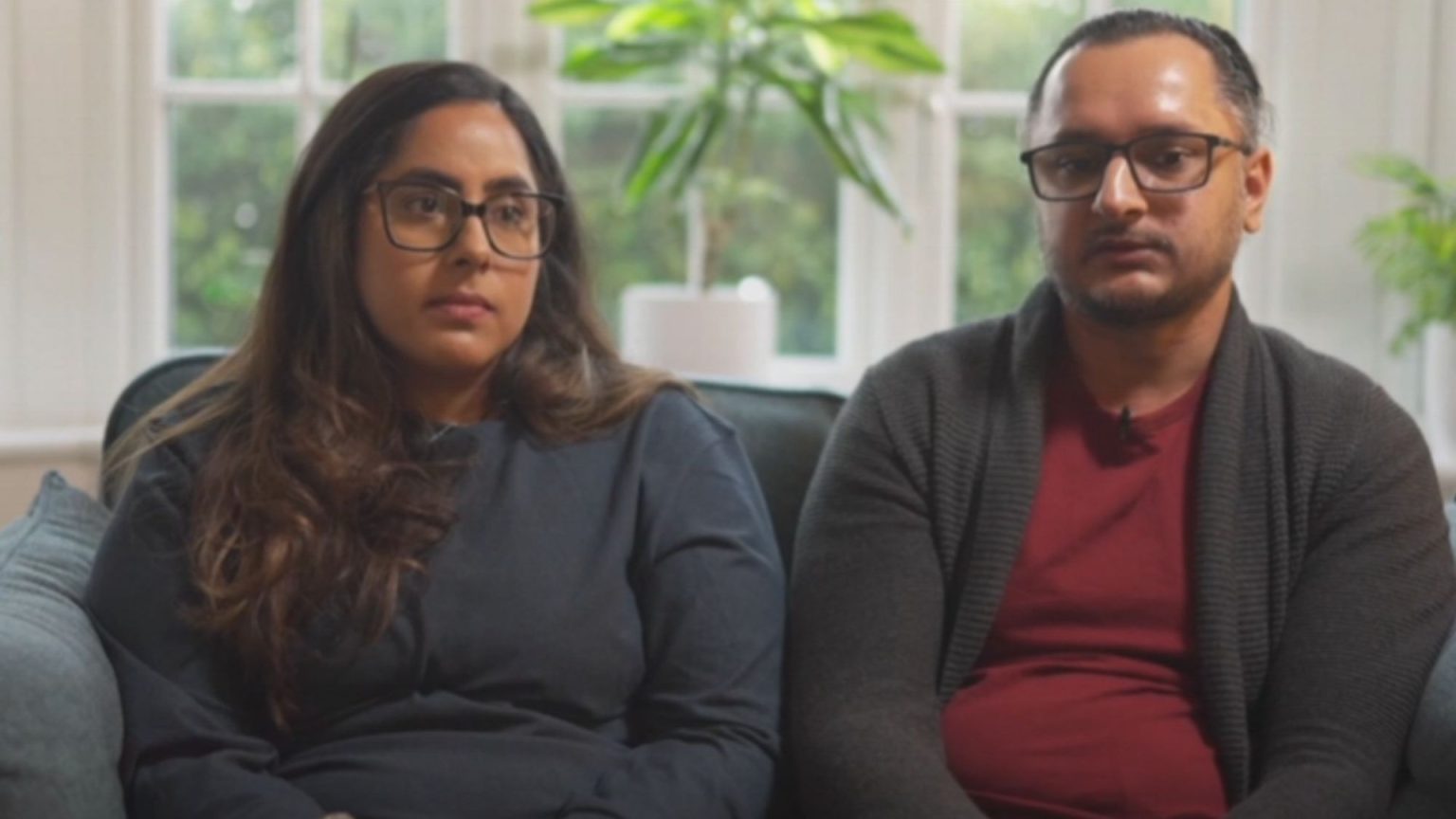Over a five-year period, at least 56 babies and two mothers have tragically died under the care of Leeds Teaching Hospitals NHS Trust, sparking a BBC investigation and raising serious concerns about maternity safety. The trust, encompassing Leeds General Infirmary and St James’s University Hospital, boasts a “good” rating from the Care Quality Commission (CQC), yet whistleblowers depict a different reality, alleging unsafe conditions and overlooked care standards. Data further reveals Leeds has the UK’s highest neonatal mortality rate, significantly exceeding the national average. Families of the deceased criticize the trust’s response, citing negligence and a lack of compassionate care, and demanding accountability for the preventable losses. Their stories paint a grim picture of systemic failures within the maternity units, echoing the tragic events of the Shropshire baby deaths scandal.
The BBC investigation, based on data obtained from the trust, reveals that between January 2019 and July 2024, at least 56 baby deaths – 27 stillbirths and 29 neonatal deaths – were potentially avoidable. Internal reviews conducted by the trust identified care-related issues in each case. However, the trust maintains that the majority of births remain safe and maternal and infant deaths are statistically rare. Nearly 20 families interviewed by the BBC described traumatic experiences and inadequate care, citing a culture of dismissive “tick box” care where serious concerns were ignored. This dismissive attitude, coupled with delays in escalating critical situations, appears to be a recurring theme in the tragic narratives shared by the bereaved parents.
The case of Aliona Grace Ramm, who died just 27 minutes after birth, highlights the devastating consequences of these alleged failures. An inquest found “gross failures of the most basic nature” contributed to her death, including delays in admitting her mother and escalating concerns about her heart rate. Aliona’s parents, Dan and Fiona Ramm, believe the trust has not genuinely learned from past mistakes, as similar tragedies continue to unfold. They, along with other bereaved parents, have formed a support network and believe the number of affected families far exceeds the reported figures. They express frustration with the CQC’s seemingly ineffective oversight, especially given the former CEO of Leeds during Aliona’s death now heads the CQC, raising questions about potential conflicts of interest.
Whistleblower Lisa Elliott, a former maternity support worker, corroborates the families’ accounts, describing “chaotic” care, “rude” staff behavior, and a lack of empathy towards patients. Elliott believes the CQC’s “good” rating for the maternity services is inaccurate and reflects a failure to adequately address the concerns she raised during her employment. Chronic understaffing, as revealed by another anonymous clinical staff member, further exacerbates the issues, compromising the quality of care provided to mothers and babies. These accounts collectively portray a system struggling to meet the needs of its patients and failing to learn from critical incidents, echoing concerns raised in national maternity care reports.
The story of Amarjit Kaur and Mandip Singh Matharoo adds another layer of complexity to the issue, raising concerns about potential racial bias in healthcare. Despite presenting twice within 24 hours with severe abdominal pain, Amarjit was sent home with painkillers. Days later, emergency surgery revealed a massive blood clot in the exact area she had previously indicated. Tragically, their daughter Asees was stillborn. Amarjit believes her ethnicity played a role in her treatment, comparing her experience with a white patient who seemed to receive more attentive care. This allegation coincides with national statistics showing significantly higher maternal mortality rates for Black and Asian women, highlighting the urgent need to address potential disparities in healthcare provision.
The families affected by these tragedies are calling for an independent review of Leeds Teaching Hospitals Trust and a judge-led public inquiry into maternity safety across England. They seek systemic change to prevent further avoidable deaths and ensure accountability for past failures. While the trust acknowledges the concerns and offers apologies, families remain skeptical about their commitment to meaningful improvement. The CQC asserts it is closely monitoring the trust, but the families’ trust in the regulatory body has been eroded by perceived conflicts of interest. The recurring themes of inadequate care, dismissed concerns, and systemic failures underscore the urgent need for a thorough investigation and significant reforms within the maternity services at Leeds Teaching Hospitals NHS Trust and potentially beyond. The parallels with the Shropshire maternity scandal, where similar failures resulted in devastating consequences, further emphasize the critical importance of prioritizing patient safety and ensuring accountability within the NHS.











